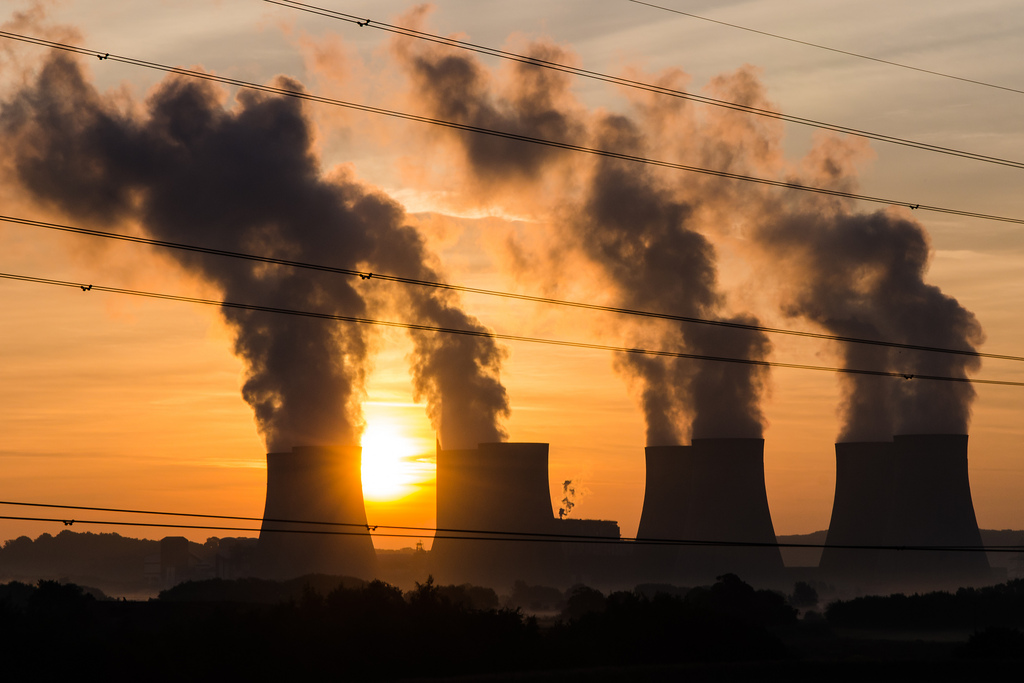There is presently a crazed argument ongoing about the necessity to prevent Business and industry non-governmental organizations (BINGOs) representing Big Oil from disproportionately & wrongly manipulating, slowing and watering down climate policy and climate negotiations.
OPEC countries and the fossil fuel corporates they often represent make gigantic returns from oil revenue and they employ enough people to make a low-carbon growth model sound uneconomic as well as unviable. BINGOs, by representing many of the largest fossil fuel companies in the climate talks, continue to overflow climate negotiations. The interests of these corporations sometimes stay unspoken but often also openly protect those that are protecting the old economic model that is coupled with fossil fuel use.
This practice of protecting business interests in climate negotiations has become evident following each UN climate conference: the U.S. Chamber of Commerce, the National Mining Association (also American); Business Roundtable (USA); FuelsEurope; the Business Council of Australia; the International Chamber of Commerce, Shell, Chevron, BP, Exxon Mobil- all of these interest groups are being represented at the UN climate negotiations, like the one that took place the past 2 weeks in Bonn, Germany. Only 25 fossil fuel producers are responsible for over half of global emissions. Climate policy interference and barricading progression climate negotiations by these very companies are considered to be among the top ten most obstructive lobbying practices the world over. In spite of all these facts, the fossil fuel industry has secured a firm seat at the international climate negotiation table and leveraged its enormous economic supremacy. The UNFCCC, the United Nations body overlooking the climate talks, not only overlooks this obstructionism but salutes these industries and welcomes them with open arms, further legitimizing them in the eyes of the world. The general public is guided by the misconception that governments are the ones who drive climate negotiations, but behind the closed doors, it is the industry that is the most responsible for climate change that seems to be holding many of the strings.
“For decades, the U.S. government has used the UNFCCC to advance weak deals and push fossil fuel industry interests ahead of the needs and rights of people.”
While people who contribute the least to global emission are paying the immense costs of resulting inaction with their lives & livelihoods and are bearing the daily consequences of climate change. Many Global North governments are hindering the implementation & negotiation of the international policy that is so necessary to control the climate catastrophe. This delay is part of a big game & a bigger occupation of democracy that worsens global standard of living, provokes racial inequality and promotes unmanageable, unsustainable development.
One of the most prominent discussions at Bonn this year was one that took a look at the conflicts of interest (CoI) between fossil-fuel industry and the presence of their representatives at UNFCCC meetings. It is well-known that the UNFCCC climate talks & climate negotiations have been immensely biased by corporate lobbyists and fossil fuel interest holders for several years. Some eye-opening facts & information on how the representatives of “Big Oil” (fossil fuel giants) in Climate conferences – directly and indirectly – affect outcomes adversely have been highlighted again & again in the report ‘Inside Job: Big Polluters’ Lobbyists on the Inside at the UNFCCC’ by the international think-tank Corporate Accountability International (CAI), which was already published ahead of the inter-sessional meeting of the UNFCCC in Bonn, Germany, in May 2017. Even very recently, at COP23, climate protestors gathered at the COP23, walked out on Monday (13 November 2017) as the US government made an official presentation advertising the role of coal in a sustainable energy future. Activists with ‘SustainUS’ who harmonized the protest said more than 100 people walked out of the U.S. session. The group’s announcement said, “This White House panel of fossil fuel billionaires is a disgrace and an insult to the people of the U.S. and the world who are moving forward with bold climate solutions and want to stay in the Paris Agreement.”Pascoe Sabido, the researcher at the think-tank Corporate Europe Observatory, added: “Encouraging coal at a climate summit is like encouraging tobacco at a cancer summit.”
read A Penny to invest in climate
Many voices have been raised to demand the introduction of conflicts of interest policy for the UNFCCC. The UNFCCC has the authorization to shut the doors that are allowing corporate lobbyists at the table of climate negotiations, so some vital groundwork & a binding conflict-of-interests policy can be a significant step forward in preventing the corporate interest holders from the domination of their interests. Parties must look to the abundance of established green practices all over the world and assemble in a rigorous process for theUNFCCC observers to reveal and limit corporate influence in its many appearances.
writer
ShoohaTabil
Institution: Bangladesh University of Engineering & Technology (BUET)
